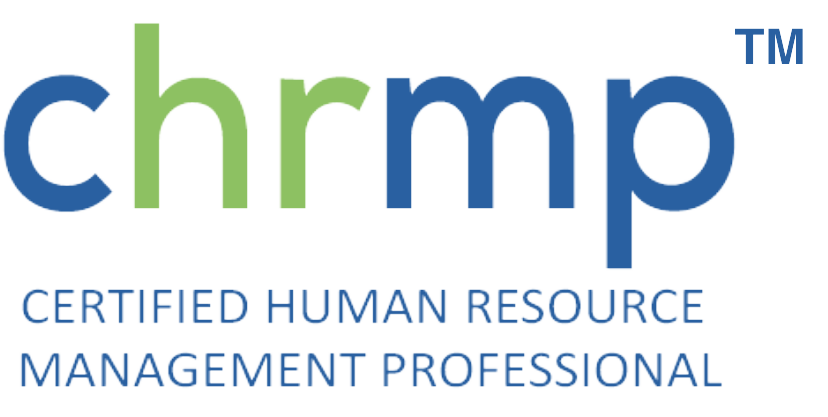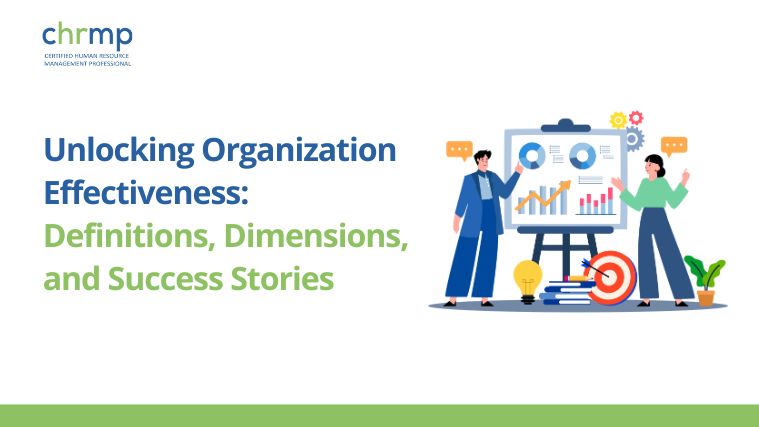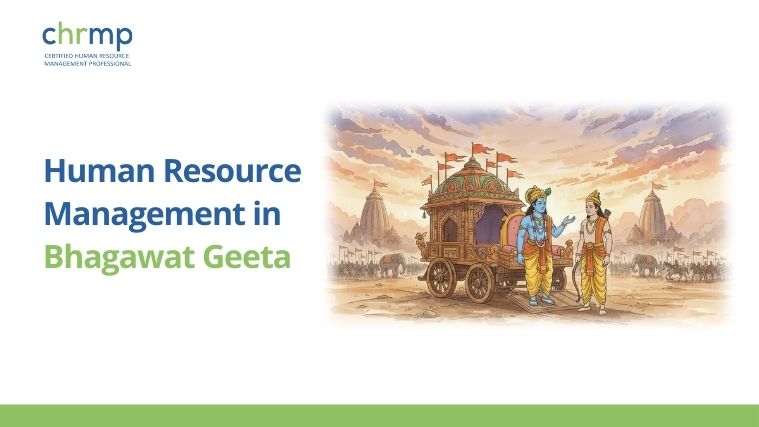The checklist for effective technical writing is very important aspect.
If it is duly taken care, it may culminate in an effective technical report being prepared.
For better understanding of this checklist the following blogs, published earlier by us, may be read.
1. What are the Characteristics of Effective Technical Writing
2. How to Prepare a Good Technical Report
3. How to Write Different Chapters / Sections of a Technical Report
4. Correct English Usage for Effective Technical Writing
5. Checklist for Good English in Effective Technical Writing
6. Checklist for Effective Paragraph Writing in a Technical Report
7. 11 Steps to Prepare Tables in a Technical Report
8. How to Prepare Figures in Effective Technical Writing
We have devised this checklist for the following 5 stages of effective technical writing. All the stages are equally important for technical writing to be effective.
Stage 1 : Checklist for effective technical writing
Stage 1, is the initial stage, when you have just been told to write a technical report on a topic.
Or you have yourself decided to a write a technical memorandum, or research paper or a report on a topic of your choice.
In such a case, before you are beginning, ask the following questions to yourself.
Before you begin, have you
1. Defined the problem?
2. Compiled all the necessary information?
3. Checked the accuracy of the information?
4. Taken into account previous and related studies in the same field?
5. Learned about who will read your presentation?
6. Determine, why they will read it?
7. Tried to anticipate questions your readers will want answered?
8. Determined your readers’ attitude towards the objective of the presentation?
9. Decided on the slant or angle you want to play up?
10. Checked the conformity of your approach with company policy and aims?
Stage 2 : Checklist for effective technical writing
Stage 2 consists of drawing the plan. Following questions will help you in your planning.
In Drawing the plan, have you
1. Planned an introduction that will introduce the subject-matter and the presentation?
2. Arranged the parts of the presentation in such a way that one part leads naturally and clearly into the next?
3. Included enough background information?
4. Excluded unnecessary and irrelevant details?
5. Planned a strong and forceful conclusion?
6. Clearly determined the conclusions and recommendations, if any, that should be presented?
7. Settled on a functional format; Headings, Subheadings, Illustrations. Etc.?
Stage 3 : Checklist for effective technical writing
Stage 3 consists of actual writing after having completed the activities, as mentioned in stage 1 & 2. Following questions will help you in actually writing the report.

In writing, have you
1. Expressed yourself that conveys exactly what you want to say?
2. Used language that is adapted to the principal readers?
3. Used the fewest possible words consistent with clearness, completeness, and courtesy?
4. Tried to produce a style that is not only accurate, clear and convincing but also readable and interesting?
5. Presented all the pertinent facts and commented on their significance?
6. Made clear to the reader what action you recommend and why?
7. Correlated illustrations and art work with next?
8. Finally, achieved the tone, pace, coherence, emphasis and rhythm necessary to make it effective?
Stage 4 : Checklist for effective technical writing
After initial thoughts have gone in (stage 1), followed by adequate planning (stage 2), the report is actually written (stage 3).
Now, stage 4 should consist of re-reading the entire report and reviewing it.
If necessary, certain sections or even the entire report may be re-written. A set of questions, as given below, will help you in this activity.
In reviewing and revising, have you
1. Fulfilled your purpose in terms of the readers’ needs and as desired?
2. Proof read for errors in grammar, punctuation, and spelling?
3. Weeded out wordy phrases, verbiage, overworked expressions?
4. Broken up long sentences?
5. Checked if headings serve as useful labels of the subject-matter treated?
6. Deleted words and phrases that might be antagonistic?
7. Judged whether your choice of words will be clear to the reader?
8. Checked whether transitions are clear?
9. Double-checked to see that the introduction sets forth clearly the purpose, scope, and plan of the presentation?
10. Let someone else also check your work?
Stage 5 or final stage : Checklist for effective technical writing
Now, all the 4 stages of technical writing have been successfully completed.
Well, this is time to take stock of the whole process as well as to feel proud for having done a good job. The following questions will help you in this.
Finally, have you
1. Finished the presentation on time?
2. Produced a piece of writing that you can be proud of?
Ripples Learning is continuously striving to add value to knowledge pertaining to human resource field, through its blogs and different state of the art programs.
For knowing more about us, please go through the following websites:






